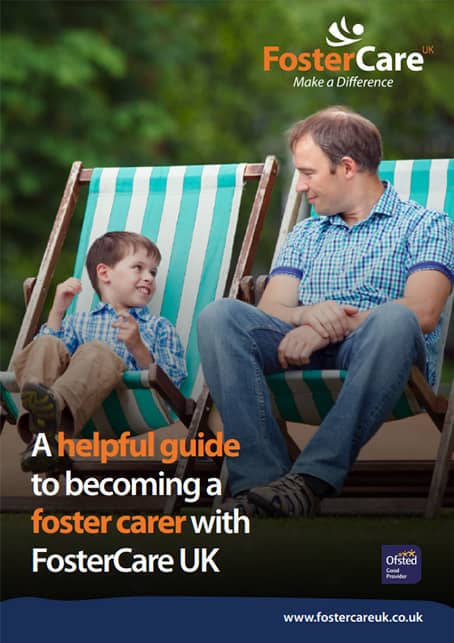


What happens when a child is taken into care?
Benefits of being a foster parent
What is a care leaver?
How to become a foster parent
How to foster a child
What are the foster care requirements
Can I choose who I foster?
Fostering with pets FAQ
How long does it take to become a foster parent?
What is the role of an independent fostering agency?
Fostering a disabled child
Tips for coping when foster placements end
Do foster carers pay tax?
What to expect in a fostering assessment
Common Fostering Challenges and Solutions
What disqualifies you from being a foster carer?
Muslim Fostering
Fostering as a single parent
Can you foster a child with a criminal record?
Can you work and foster?
Top 10 fostering myths
Can I foster if…?
Can I foster and rent?
LGBT Fostering: can I foster if I’m gay
Top transferable skills to become a foster carer
Can you foster with a mental health condition?
Christian Fostering
Sikh Fostering
Cultural Diversity in Foster Care
How to encourage foster children to read
Reasons for a child to be taken into care
Tips for coping with attachment disorders in Foster Children
Fostering vs Adoption
What happens when foster parents get divorced?
What is reunification in foster care?
How to deal with foster child bullying
A guide to the foster care handbook
Guide to fostering young children
Types of self-harm
A guide to fostering teenagers
What are the signs of depression in foster children?
A care leaver is a young person between the ages 16-25 who lived in care for a minimum of 13 weeks since their 14th birthday. In the UK, there is an average of 10,000 care leavers per year. Typically, most children in care do not leave until they turn 18 but, due to a variety of circumstances, some choose to leave their foster home as early as 16.
All local authorities have a support system in place to ensure that care leavers get the support they need when leaving - however, the support varies from council to council. According to St Christopher’s, only 88% of care leavers remain in contact with their local authority when leaving care. This means that a significant percentage of the care leaver population cannot access the support they are entitled to.
However, here at FosterCare UK, we recognise the challenges care leavers might face when leaving foster care - so we have a number of support systems in place to help our care leavers.
Because of how fostering works in the UK, the level of care leaver support offered can vary with each local authority. However, there are a few things that remain constant - no matter what local authority you are with:
As your foster child grows up, they may yearn for the freedom to live in their own space and be in control of their own lives, or they may feel apprehensive about the way their lives will develop without a guardian supporting them. Either way, there are steps you can take to support your foster child through this transition.
For further information, get in contact with a member of our team today or visit the Capstone Care Leaver Trust.
If you’ve got any questions or would like to find out more about fostering with Capstone, fill out the form below.
An experienced fostering advisor from your local area will then be in touch.

Start the conversation today. Our team of friendly advisors are on hand to answer any foster care questions you may have. We can offer you honest and practical advice that can help you decide if becoming a foster carer is the right path for you.


